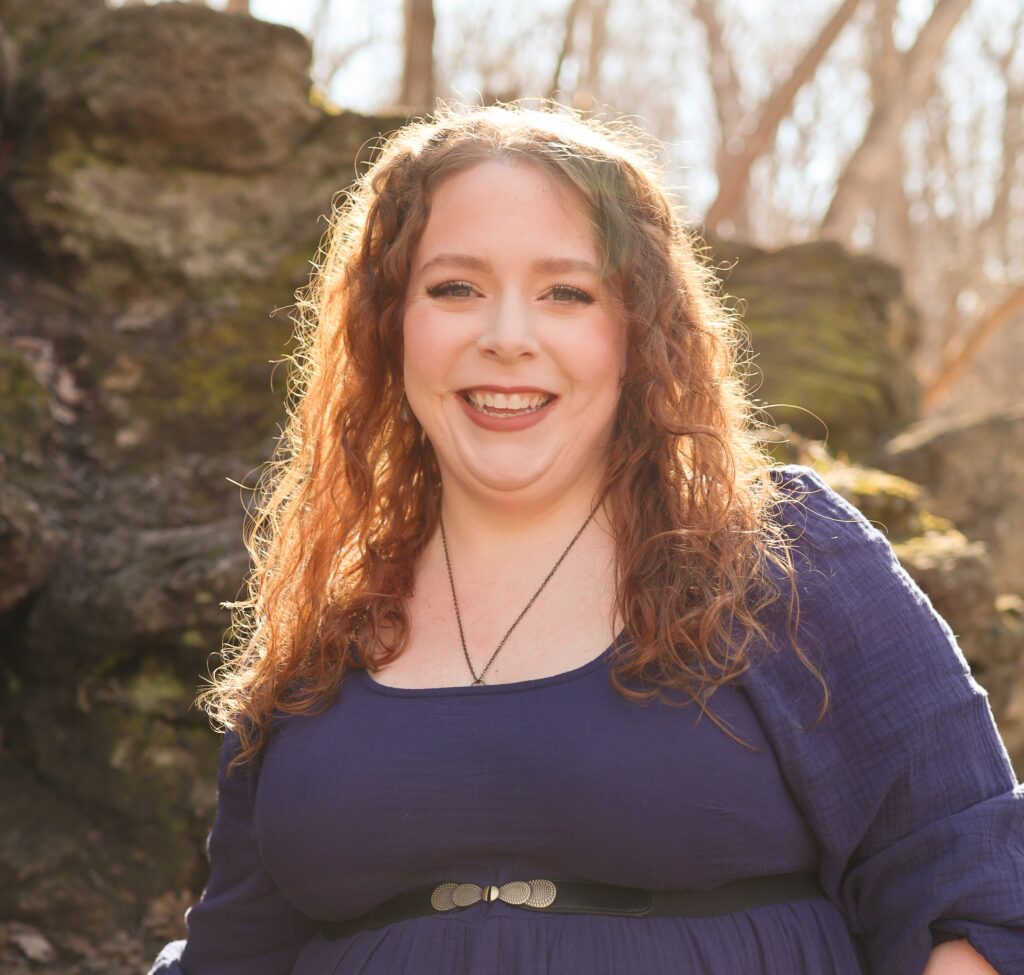
DEAR ASK A THERAPIST: My wife is adamantly in disagreement that we reach out to our two sperm donors before the children are 18. How do I convince her? — RECIPIENT PARENT
DEAR RECIPIENT PARENT: The decision on whether to reach out to a sperm donor before a child turns 18 can be challenging. While it is common for parents to have different feelings and opinions about this situation, a resolution requires open communication, empathy, and a willingness to find common ground.
First, it is important to acknowledge and respect your wife’s perspective. Engage in a calm conversation to understand her concerns and fears. Listen actively and without judgment. By doing so, you create a safe space for her to express her feelings. If fears arise about her parenting legitimacy, either socially or legally, you can direct her to some educational resources on the subject and should visit with a local attorney who specializes in family law.
Next, share your own thoughts and reasons for wanting to reach out to the donors. Be clear about your motivations, whether it is to obtain detailed health and genetic background information, or if you have a desire to establish a long-term connection. Empower one another through knowledge. Educate yourselves about the diverse impacts of donor conception on an individual throughout their life, considering the perspectives of donor conceived adults and the complexities of donor conception. Understand the potential influence that genetic mysteries can have on identity development in children before the age of 18. Fostering Your Child’s Genetic Identity offers an extensive amount of knowledge on the role of genetics in identity development.
Research and gather information on the experiences of families who have navigated similar situations. Sharing success stories and learning from others can help alleviate concerns and provide a more informed perspective.
Consider involving a professional therapist or counselor in this discussion. They can provide guidance and facilitate productive conversations. A therapist can also help both of you explore your underlying fears and concerns and find compromises.
Ultimately, the decision should be made together, considering the best interest of your children. If you both agree to move forward with reaching out to the donors, create a plan that outlines the boundaries and expectations of this contact to ensure a healthy and positive experience for everyone involved. Making Contact is a professional resource to help you emotionally prepare for contact with your donors, while also prompting valuable discussions between you and your wife.
Remember, parenting is a journey filled with compromises, understanding, and love. By approaching this issue with empathy and cooperation, you can find a resolution that respects both your wife’s concerns and your desire to reach out to the donor for your children’s benefit.

Leona Childs, MA, LMHC, is a licensed mental health counselor who has aided individuals processing issues like donor conception, becoming a recipient parent, adoption trauma, post-partum mood concerns, and fertility struggles. She is a late-discovery donor conceived person who understands the value of honest and open communication within the family and societal systems.
Do you have a question for Ask A Therapist? Anonymously submit your question here. Questions may be edited for length and clarity prior to publication.
Top Image by Lukas Blazek via Unsplash
